Chrono nutrition and it's effect on female infertility
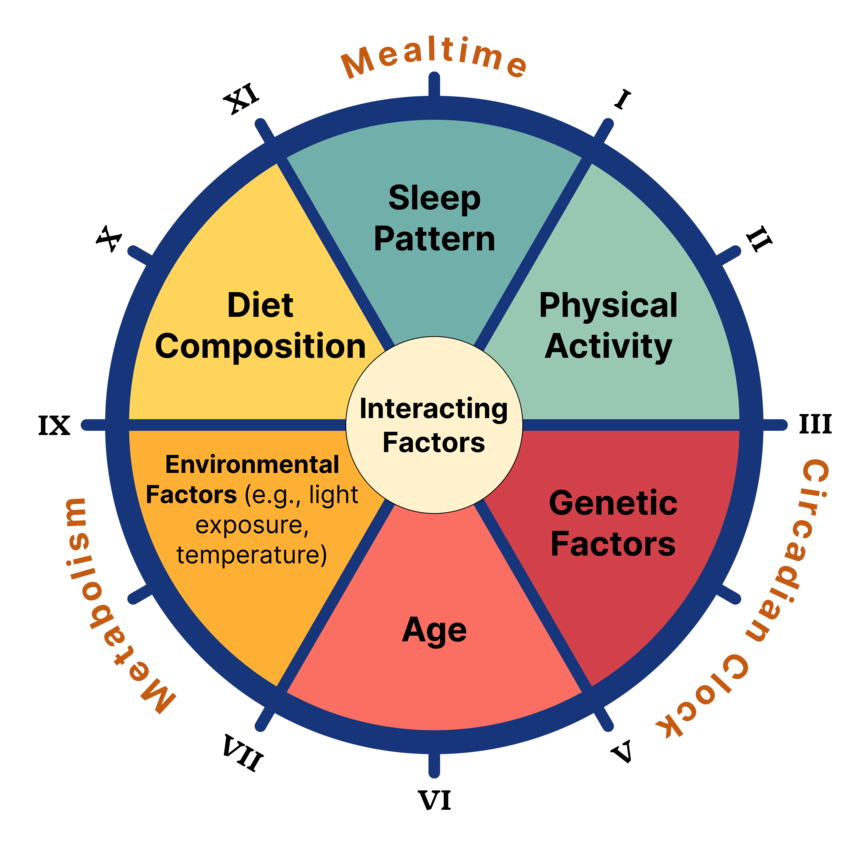
Circadian rhythm takes part in dictating sleep wake cycle of human beings. There is evidence that any disturbances to the former engages in development of metabolic disorders which also influences hormonal balance. Menstrual health is particularly important for women’s reproductive wellbeing. Research has shown that disturbed sleep pattern and untimely meal consumption alters hormonal levels and over time affects the menstrual cycle.
How does circadian clock regulate reproduction
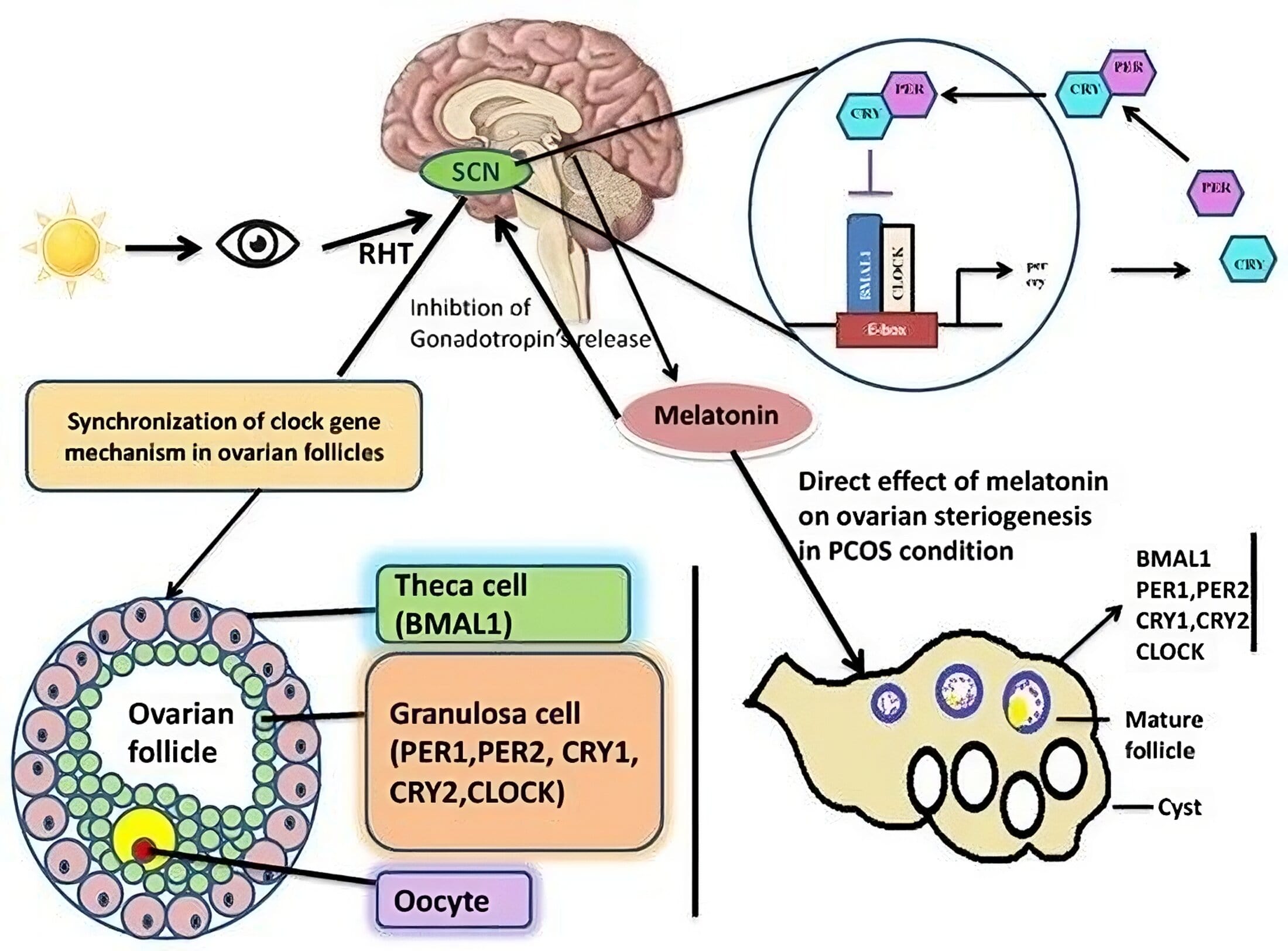
In humans, the SCN (suprachiasmatic nucleus) in hypothalamus acts as the master regulator and transmits signals to the peripheral oscillators which are present in liver, kidney, heart, pancreas, ovaries, uterus, and other organs, to support their physiological functions and behaviours. The central and peripheral clocks mutually co-ordinate to orchestrates all the body function. Essentially, it is important to have synchronization between external environmental circadian rhythm and internal biological clock. Alterations in the synchronization can manifest as metabolic disorders such as diabetes, cardiac problems, cancer, intestinal disorders, and reproductive problems.
In humans, reproduction is influenced by hypothalamic- pituitary gonadal axis. Research has shown that synchronous circadian clock supports normal functioning of reproductive organs. It regulates all aspects of female reproductive functions such as follicular development, hormone synthesis, implantation, pregnancy, and fetal health. However, behavioural patterns such as irregular eating patterns, shift work, sleep disturbances can affect the functioning of their reproductive organ by altering individual’s biological clock. To name a few disorders of reproductive organ, irregular menstrual cycles, PCOS (polycystic ovarian syndrome) and early ovarian are some of the disorders which are associated with chrono-disruption.
What is the mechanism underlying reproductive problems in chrono-disruption?
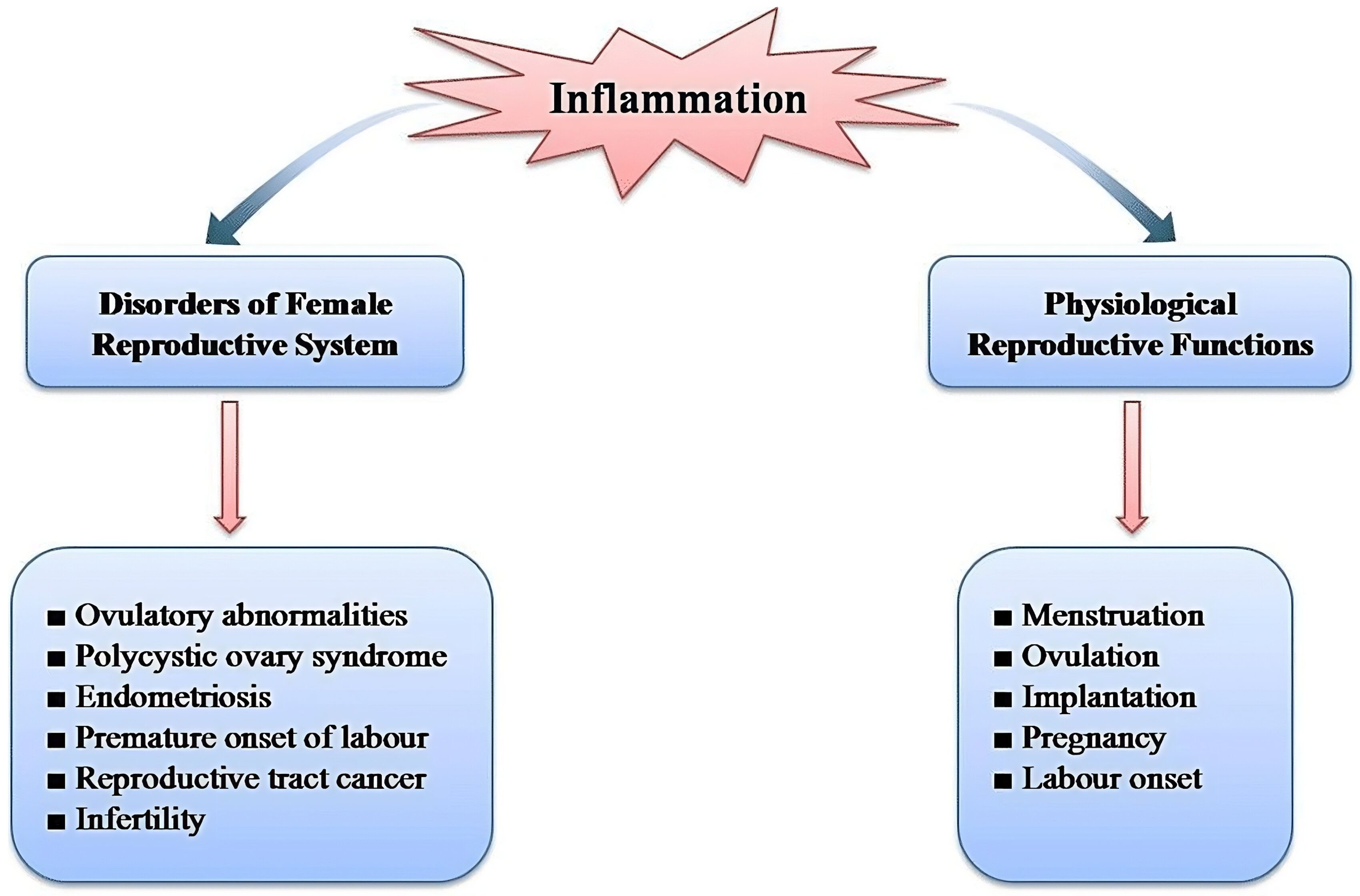
Lifestyle patterns such as shift work, late night artificial light exposure, jet lag, non-nutritional food intake can eventually disrupt the persons circadian rhythm and thereby leading to hormonal imbalances, dysregulation of HPO axis which are crucial for the normal reproductive functioning. Especially these unhealthy patterns modulate the body’s inflammatory process and leading to a state of chronic low-grade inflammation. Chronic inflammatory state often causes dysregulation of immune systems which in turn takes part in the pathophysiology of infertility. Patients with unexplained infertility often display imbalances in their immune system with increased TH1 response compared to TH2 response. Similarly, low grade inflammation is seen in patients with premature ovarian failure, PCOS, endometriosis, chronic endometritis, autoimmune diseases and adenomyosis confirming that the immunological changes are associated with disease progression and infertility in these conditions.
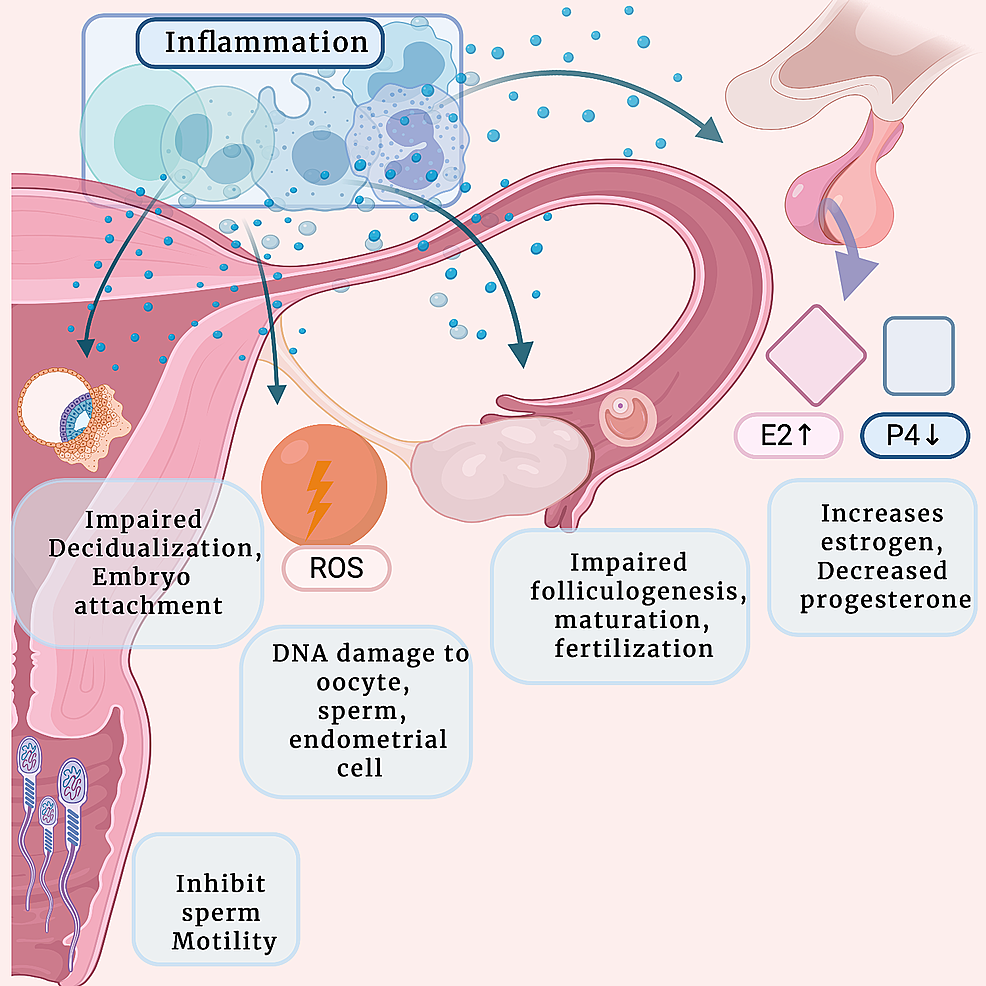
The exact mechanism by which chronic inflammation causes infertility calls for further studies, however, it could disrupt folliculogenesis by promoting oxidative stress which in turn activates the release of proinflammatory cytokines. Chronic low-grade inflammation affects implantation leading to recurrent implantation failure and it can also cause recurrent pregnancy loss by impairing endometrial receptivity and placentation.
How chrono-nutrition is linked with obesity and infertility.
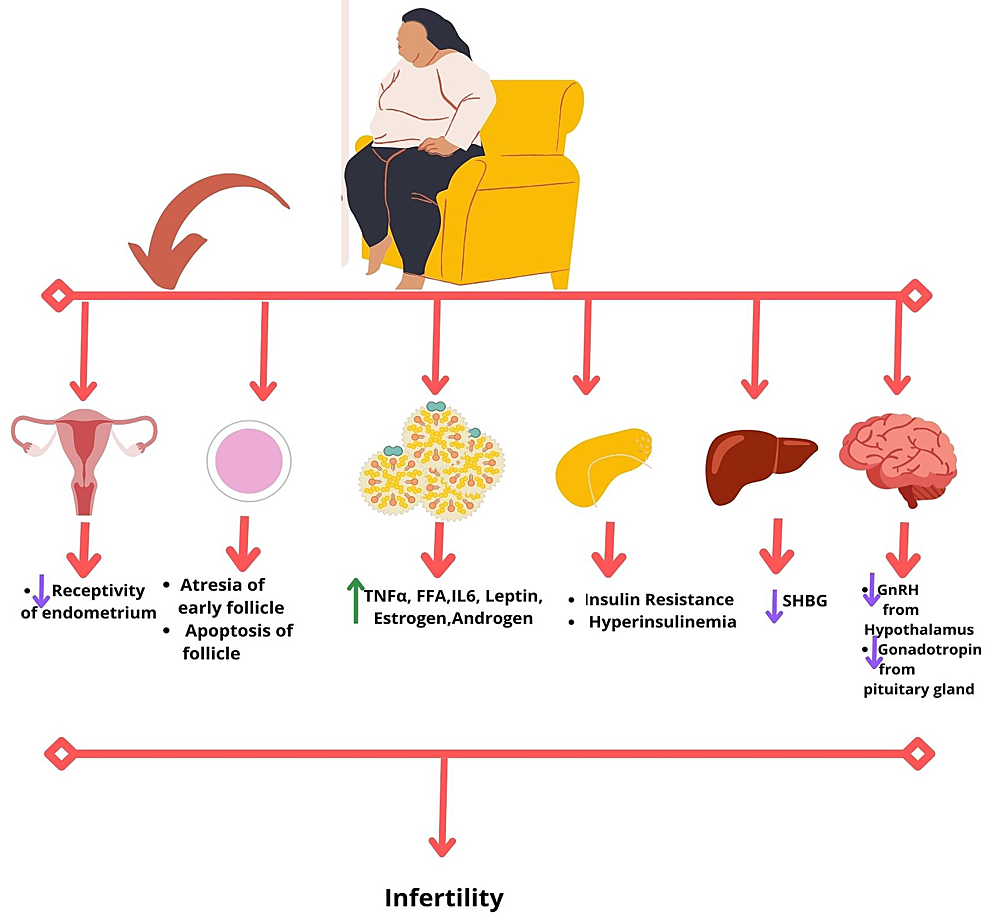
Chrono-disruption causes many changes in the molecular and hormonal system leading to obesity which is one of the many metabolic disorders caused by chrono-disruption. Women in their reproductive age group with Obesity and overweight are at a substantial risk for infertility, miscarriage, and pregnancy complications. These women show poor reproductive outcomes in natural as well as IVF conceptions.
Obesity causes hyperinsulinemia, insulin resistance which leads to hyperandrogenaemia which affects steroidogenesis and ovarian function. It affects gonadotropin secretions, decreases sex hormone binding globulin, growth hormone, insulin like growth factor binding proteins and increases leptin levels. All these changes culminate in disruption of HPG axis which leads to many disorders such as PCOS, anovulation, menstrual disturbances, miscarriage and impaired ovarian follicular development, oocyte quality, embryo development and implantation.
What is the benefit of chrono nutrition for reproductive health?
It has been studied and reported that time restricted nutritional intake, synchronization of sleep wake pattern to biological circadian rhythm has shown beneficial effect on human reproductive system. Appropriate balance of proteins, carbohydrates, lipids, antioxidants, and folate in everyday diet can improve female reproductive function. Adaptable habits in individual’s lifestyle such as healthy nutritional intake, appropriate timing of meal intake, harmonious circadian rhythm can be explored for better reproductive outcomes in patients with issues such as infertility, PCOS, obesity, irregular menstrual cycle and more.
What is personalized chrono nutrition?
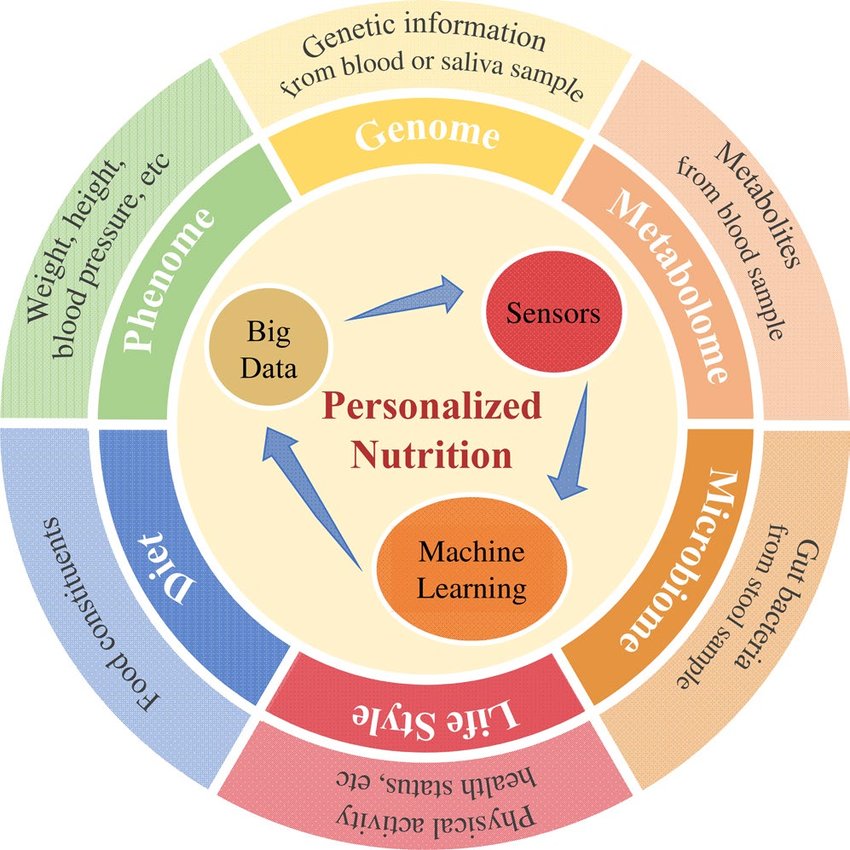
Every human being has exposure to numerous factors over lifetime, which affects their genetic, epigenetic, and immune systems. As a result, they develop their own specific microbiome, genome, proteome, etc. These individual variations together with environmental factors affect nutritional absorption, metabolization and their usage in our body. Personalization of nutritional intake according to individuals chronotype, nutritional requirement, genetic variation, microbiome, and other conditions, could be explored to achieve better health outcomes. Thus, personalized chrono-nutrition is an emerging field that tailor’s meal timing and nutritional intake according to individual’s chronotype, genetic variations and other factors, to maintain the intricate hormonal and metabolic pathways that is essential for female reproductive health. As female fertility problems are becoming more prevalent, incorporating chrono-nutrition into reproductive medicine can pave the road for more customized and efficient fertility management.
If you are a healthcare specialist, who wish to specialize in reproductive medicine, enrol in our Fellowship in Reproductive Medicine at Medline Academics, to learn from leading experts in the field and elevate your practice with knowledge on recent innovations.
